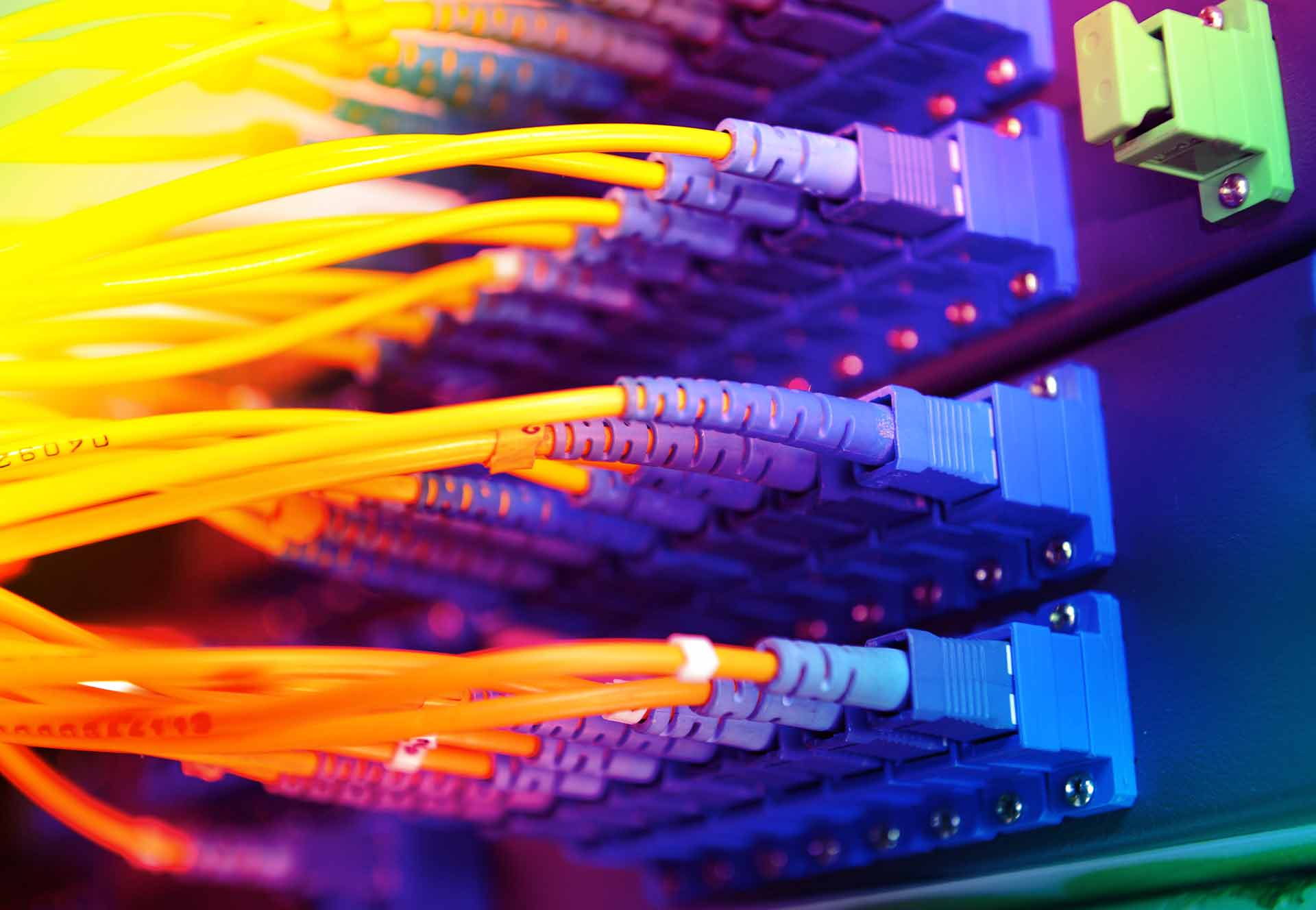
The online dynamics of sound and silence have clear implications for how public opinion is formed. As a society, it is important for us to understand these shifts.
The world today is an increasingly networked place. Human societies are changing at a faster pace than ever before as new connections, groups and identities are quickly forged, thanks to the internet and social media. In the last decade, the world has seen several mass movements from Tahrir square to Taksim to the Occupy movement, organized largely on the back of rapid communication. Beyond that, social media has made it easy for anyone to voice an opinion and be heard by large numbers of people. Today, almost anyone – not just those with access to traditional media such as TV, print and radio – can broadcast their views to a large audience.
In effect, social media has both increased the number of voices out there, and reduced the barriers to entry for those who wish to be heard. However, given its bias towards active participants, networks can lead people to believe that the opinions of a vocal minority are also those of the majority.
In addition, it has made the discovery of alternate voices or opinions easier. People who had unpopular views before the age of social media would often stay silent about them. A Pew Research Centre study from 2014 refers to a theory called the ‘spiral of silence’ developed by Elisabeth Noelle-Neumann. According to the theory, opinions considered popular are voiced more often, and thereby spread and strengthen. Minority opinions stay unvoiced and over time, all but a core section of this dissident group might end up changing its mind on the issue at hand.
Internet and social media have given rise to distinct communities as people find and connect with others who share their hitherto unique interests. Whether it involves spider photography or escapist fantasy fiction, it is easy to find groups, forums and websites today that cater to specialized interests. At the same time, the reduced cost of searching has led to the strengthening of extreme views. While most people would refrain from voicing overtly xenophobic ideas during a dinner conversation, they can find like-minded people online. The role of the internet in radicalization has been well-acknowledged, with twitter even becoming one of the primary recruitment tools for terrorist outfits such as ISIS.
As easy as it is to voice an opinion on social media, it is equally easy to heckle and insult people on these platforms. Viciously abusive online trolls are quite common across platforms, and their vitriol can deter people who wish to engage in fair debates online.
The Pew study provides a much needed window into the online dynamics of voice and silence, and the areas where people are more likely to engage in debate. The study looked at reporting on the Edward Snowden affair and widespread surveillance by the American National Security Agency (NSA), and examined how people voiced their opinions on the case – online and offline.
The study found that people were less likely to discuss the Snowden-NSA case online, with many preferring to discuss it offline and with family.
The study also found that ‘In both personal settings and online settings, people were more willing to share their views if they thought their audience agreed with them.’
Audiences on open platforms such as twitter or even Facebook tend to be large and so, views expressed on these are likely to get a pushback from those who disagree. Since people are not as inclined to be polite online, this can lead to unpleasant exchanges marked by personal attacks, in many instances.
In public affairs and policy, silence on the part of individuals and governments has been integral to the method of functioning. Doing nothing or saying nothing is often a cogent tactic and even a strategy – to signal priorities, to allow problems to resolve themselves, or to not reveal the official line of thinking. In the age of social media, constant communication is essential for governments and public leaders, and silence is more likely to be interpreted as a sign of weakness, apathy or worse. This is also an environment in which new narratives can be formed and become dominant in a short span of time, and anyone caught napping may find it hard to recover afterwards.
Silence and speech have new challenges today. While it may be easier to speak out, each opinion now has more competition.
Furthermore, since it is easy to abuse others online, many who may wish to speak out may end up being silenced. At the same time, the interpretation of silence has changed in the age of social media. Understanding how things have changed is important, even if current attempts to handle these changes are incomplete. What we do know is that the deft use of silence and speech can win elections, impact policy and shift public opinion rapidly in this networked era.
Pavan Srinath is the head of policy research at the Takshashila Institution, an independent think tank and school of public policy.




